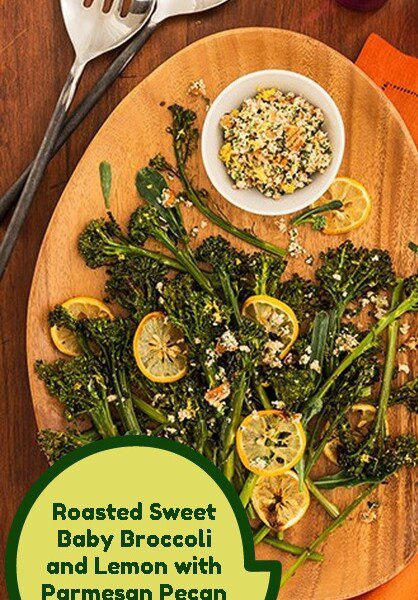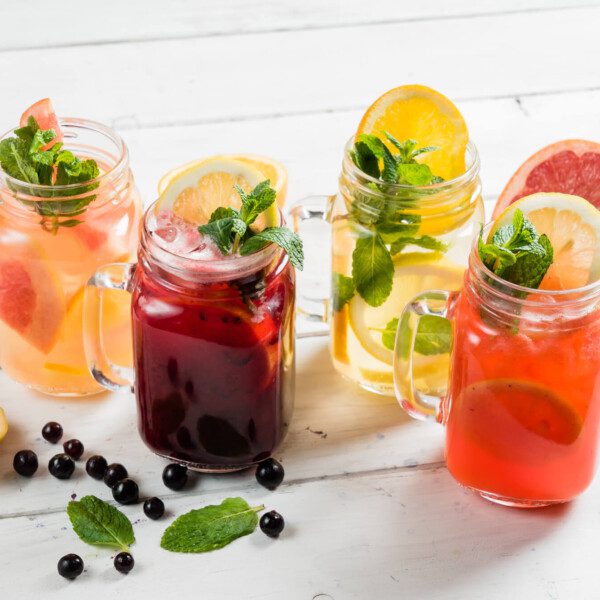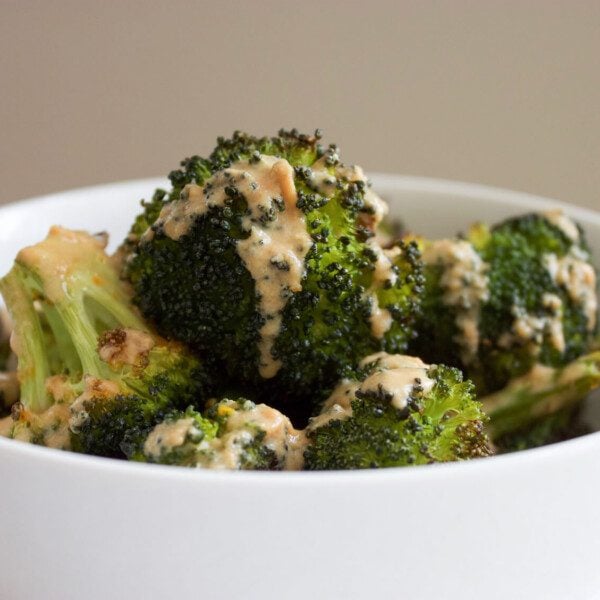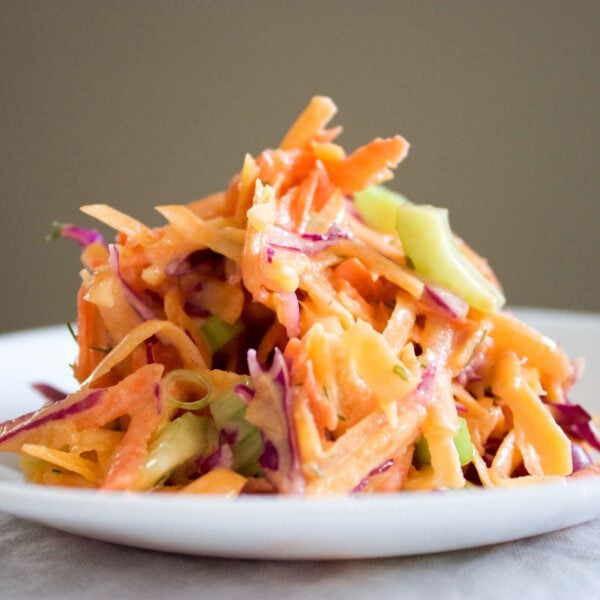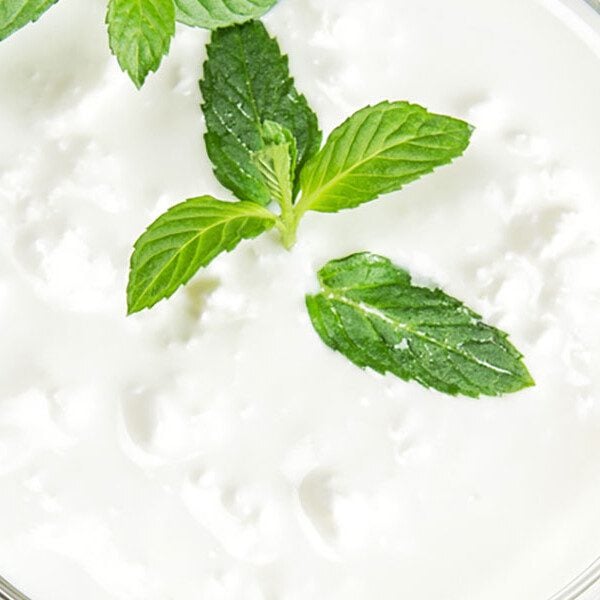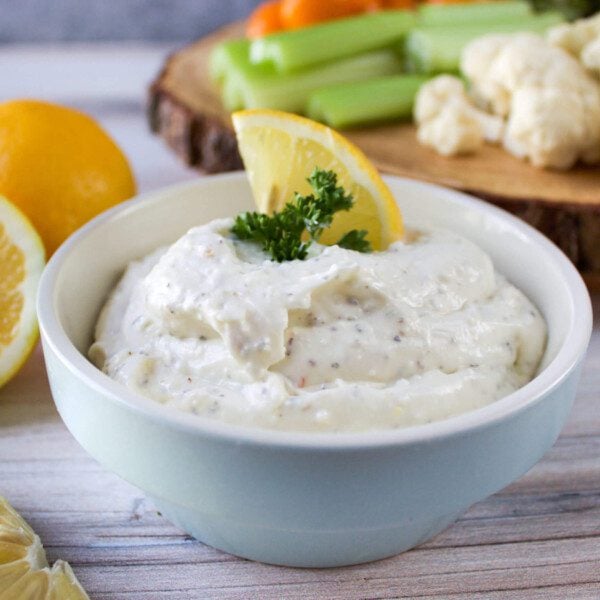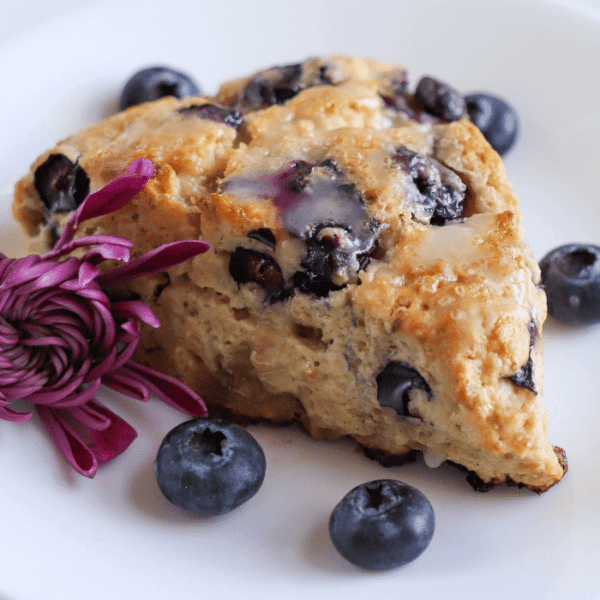How to Select Lemons
- Choose lemons that are heavy for their size. Thin-skinned lemons are juicier, but thicker-skinned ones are better for zest.
- A lemon’s skin should be bright yellow with no wrinkling. Small blemishes or spots are fine. Avoid any lemons showing signs of mold on the surface.
- Check that the lemon is firm, but not rock-hard. Soft spots may indicate damage or spoilage.
- Lemons should have a pleasant fragrance. Avoid any that smell off-flavor.
When are Lemons in Season?
Yes, you can buy lemons all year round at the grocery store. And for the most part, they will taste decent. But lemons are best in season during winter from December to March. During winter, lemons are at their peak for flavor and juiciness.
When selecting lemons, look for those that feel heavy for their size and have smooth, bright skin. Lemons are a fantastic source of vitamin C and can be used in various dishes to add brightness and acidity.
Varieties of Lemons
While The International Citrus Genomics Consortium lists over 50 different lemon varieties, you can’t find all of these in the store. The most popular lemon varieties that you can find at the market include the following:
- Eureka: The most common type of lemon in the US. Eureka lemons have bright yellow skin and a tangy, acidic flavor.
- Lisbon: Similar in appearance to Eureka lemons, but slightly more acidic with thinner skin. Lisbon lemons are used in commercial lemon juice production.
- Meyer: This is a smaller, rounder lemon with a thin, fragrant skin that ranges from yellow to orange. Meyer lemons have a sweeter, less acidic flavor than Eureka and Lisbon lemons.
- Ponderosa: A large, oblong lemon with thick, bumpy skin ranging from light to dark yellow. These lemons have a mild, sweet flavor.
- Pink: A rare and cool-looking lemon with yellow and pink striped skin. Pink lemons have a tart, acidic flavor and are used for garnish.
Lemons Nutrition Facts & Benefits
Here are the nutritional facts for a serving of one whole lemon:
- Approx 17 calories
- 0.2 grams of fat
- 0.6 grams of protein
- 5.4 grams of carbohydrates
- 1.5 grams of natural sugar
- 1.6 grams of fiber
Here are proven ways that lemons can benefit your health:
- Lemons are packed with Vitamin C, proven to help lessen your risk of heart disease and stroke.
- The citric acid in lemons increases the pH in your urine, making it harder for kidney stones to form.
- Lemons contain iron which helps with anemia and can improve your body’s ability to absorb iron from other plant sources.
How to Store Lemons
- Lemons will remain fresh for up to three weeks in the crisper drawer of your refrigerator. Organic lemons should be stored in the same way and used within a couple of days.
- Lemons will keep for a week or more on your counter and will give your house a pleasant fragrance. Keep them at room temperature in an open bowl, out of sunlight.
- Keep lemons away from moisture and avoid washing them until you are ready to use them.
- Freeze lemons for up to four months by placing them whole or sliced in an sealed plastic bag. Press as much of the air out of the bag as possible before freezing.
How to Prepare Lemons
Most people don’t bite into a lemon segment. Often lemons are cut as an accent flavor or garnish. So while lemons are in many things, you rarely eat them alone. Here are our favorite ways to prepare lemons:
- Juiced: Squeeze fresh lemon juice onto salads, vegetables, fish, and chicken or into a glass of water for a refreshing and healthy drink.
- Zest: Grate the outer layer of the lemon peel (zest) to add a burst of lemon flavor to baked goods, dressings, marinades, and sauces.
- Preserved: Cut lemons into quarters, pack them in salt, and let them ferment for several weeks to months. Preserved lemons can add a unique tangy flavor to savory dishes.
- Candied: Slice lemons thin and simmer in a sugar syrup until the peels are tender and the syrup has thickened. Candied lemons are great for dessert or as a sweet treat.



